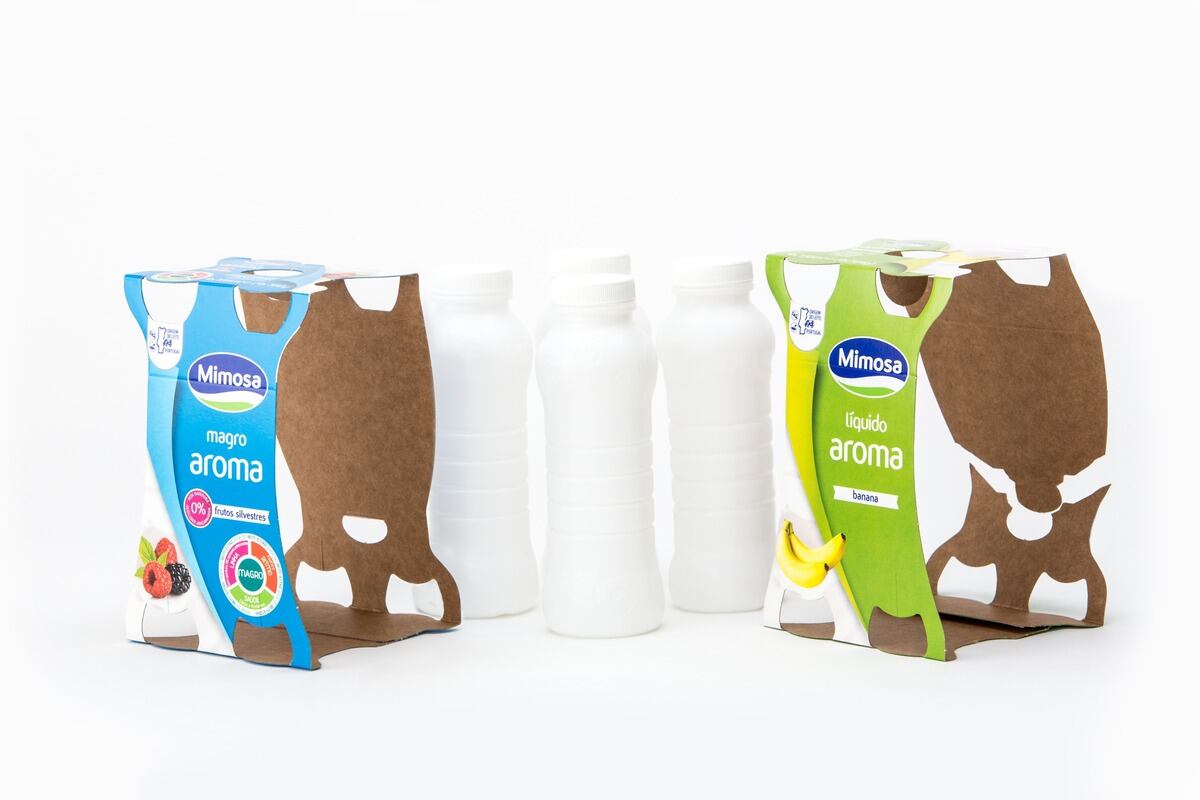The strategy plan was announced by Hans van Schaik, MD, ECMA, at the association’s annual congress in Riga, Lativa (September 20-21).
Demand driven groups
He said the idea behind building a new strategy plan was to increase member value, tackling additional issues, such as the global environment, a higher level of cooperation, resulting in a more effective ECMA with limited resources, but gaining more output for lower cost.
In its objectives it wants to recruit 20 more converters to the association and more congress participants. It is also looking for attendance from all industry national associations, and is looking for a good representation of male/female gender ratio from different regions.
ECMA is currently 58 years old after being established in 1960. It has 49 converter members, 13 national associations, and will partner with more including the Ukraine and Portugal, and has 39 suppliers.
“The challenges right now are increased digitalization in overall supply chain and on cartons, the growing interest in a Circular Economy and sustainability and globalization versus protectionalism,” said van Schaik.
“We are also looking at future employees and young talent, how to attract young people, and the right people with technical skills. We are also looking to increase our relationship with Pro Carton and the US PPC (Paperboard Packaging Council).”
Goals include creating working groups on a short timeframe to tackle current issues together such as demand driven groups tackling challenges such as; food safety (migration) industry insights, communication, sustainability, human resource management/health and safety and trade challenges.
Shift in generations
Food safety includes GMP/certification/Foodseal, migration and lobby regulators.
“A shift in generations in coming, we have to attract those people. We are going to set up a forum to attract new employees via our Human Resources department,” added van Schaik.
“Other challenges include the trade war in China, the USA, Europe, Brexit, and currency fluctuations (ie lira, pound, dollar).”
ECMA will create a Young Executive Committee, Sustainability and Environmental Committee, Industry Insights working groups, and HRM/H&S Forum, Industry Insights working group.
Jean-Francois Roche took over the role of president of ECMA in March this year. He said the association has 200 members comprised of 23 nationalities.
“The world is evolving at a pace we have never seen before. Europe is facing geo-political challenges,” he said.
“2018 has been a difficult year for climate change, Brexit is really coming - after the March [2019] deadline, the UK won‘t be a common trade zone and there are new trade rules in the US. Amazon is impacting our business model and Apple reached its biggest market cap two months ago at 1trillion, which is difficult as a number to materialize.
“Plastic bashing is at the forefront of everything. The main problem is recycling, but plastic is packaging and packaging is managing food waste so you have to take everything in its context, food in cartons is recyclable we should be bold and proud with that message.”
Representing the Latvian Government, guest speaker Evita Feldberga, deputy director Sectoral Policy, Ministry of Economics, Latvia, told attendees the country became a member of United Nations in 1991 and became independent. In 2004 it joined the European Union and NATO and two years ago became a member of OACD.
“Latvia is the most active country to implement reforms. We are the most flexible and now we have the highest GDP since our independency. Our economy is growing two times fastest than the European Union average. We are not using the same products we produced five to 10 years ago, we are delivering specific products for specific needs and manufacturing is adding 60% to our GDP,” she said.
“The situation is good for today but we are in dynamic times where everyone is looking for new business models. We need to know how to perform in changing markets and digitalization and innovation are the main boosters for growth. We as policy makers are looking for this golden success formula.”


